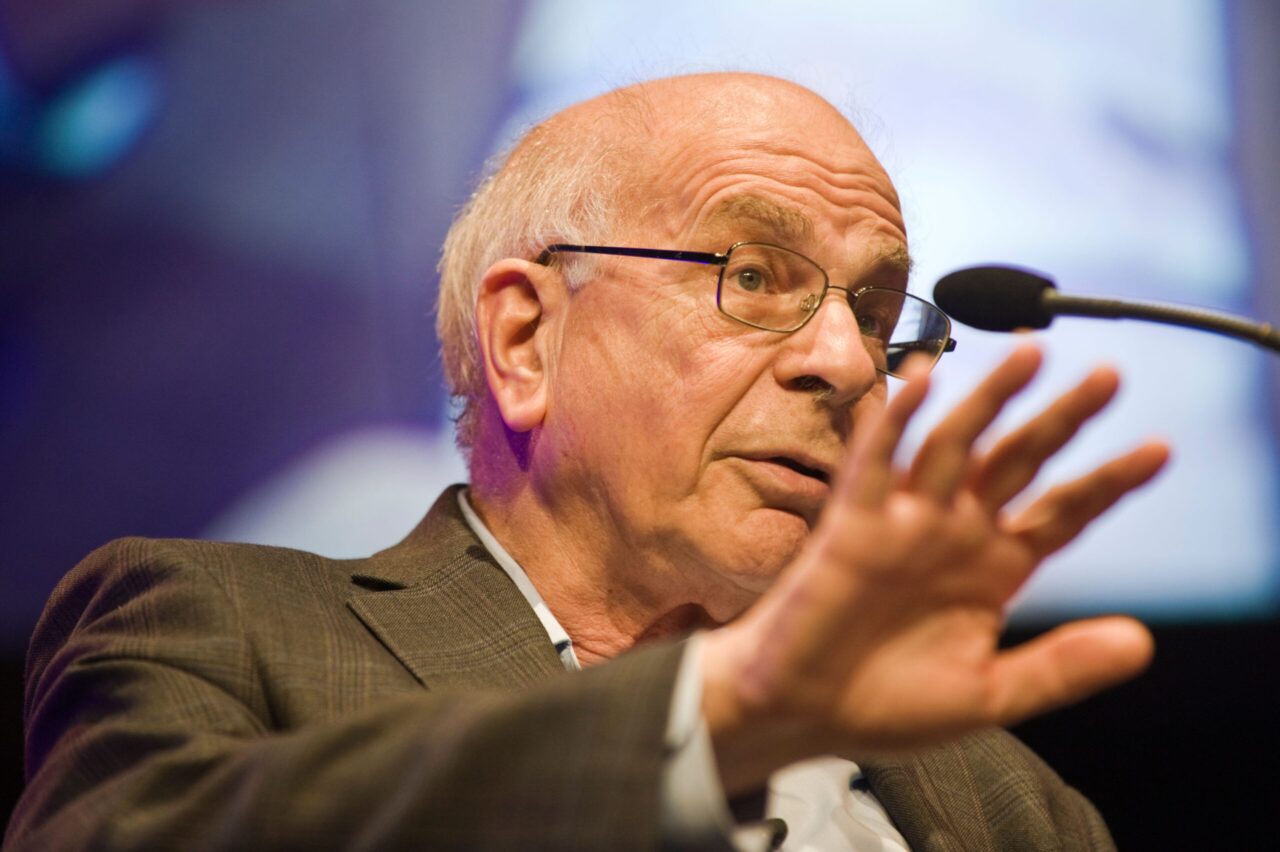Twenty-two years ago, the Nobel committee behind the Memorial Prize in Economics chose to break with the tradition of always awarding the prize to an economist. Instead, it honoured Daniel Kahneman, the unassuming psychologist from Tel Aviv, for his work which challenged the assumption of human rationality that prevailed in modern economic theory. Primarily for his seminal paper with Amos Tversky in 1974, Judgement under Uncertainty: Heuristics and Biases, the award was an acknowledgement of how the work of Kahneman and Tversky had powerfully shaken the key assumptions underpinning classical economics and modern finance. Most particularly, the compelling portrayal of human decision-making…
Cancel at any time. Are you already a member? Log in here.
Want to read the full story?
Unlock this article – and everything else on The Currency – with an annual membership and receive a free Samsonite Upscape suitcase, retailing at €235, delivered to your door.

